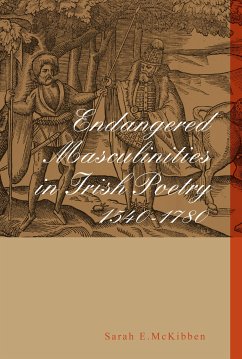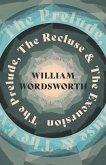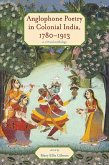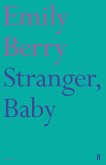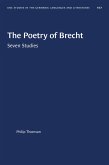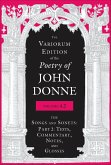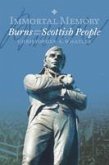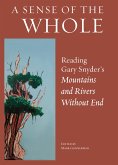"Endangered Masculinities in Irish Poetry" examines the dynamic response of early modern Ireland's hereditary bardic professional poets to impinging colonial change. Having for generations validated the power of their patrons, policed communal norms and acted as self-conscious cultural custodians, these elite master-poets were both professionally obligated and personally motivated to defend both their community and their own way of life from renewed English aggression in the sixteenth century. Endangered masculinity, the oppositional rhetoric they crafted, drew on traditional poetic elements to evoke gender norms going dangerously awry, thereby challenging colonial authority and demanding collective defiance and communal consolidation against the threat of emasculation, penetration, and dissolution posed by political domination and cultural assimilation. With Gaelic defeat and subordination in the early seventeenth century, bardic poets' nonprofessional and increasingly demotic successors reworked endangered masculinity to confront ongoing colonial cultural change while demonstrating the persistent siren call of English goods and culture.Drawing on feminist, postcolonial and gender theory, Sarah McKibben argues for the ideological, representational and linguistic complexity of early modern Irish poetry as at once contesting and engaging the colonial authority it faced."Endangered Masculinities in Irish Poetry" analyses the emergence and transformation of endangered masculinity through a sequence of close readings of compelling poetic texts in genres including bardic elegy and satire, aisling (or vision poem), accentual verse, song, oral lament and comic verse, with accompanying translations, to provide a novel literary-critical exposition of a vibrant and understudied poetic tradition.
Dieser Download kann aus rechtlichen Gründen nur mit Rechnungsadresse in A, B, BG, CY, CZ, D, DK, EW, E, FIN, F, GR, H, IRL, I, LT, L, LR, M, NL, PL, P, R, S, SLO, SK ausgeliefert werden.

